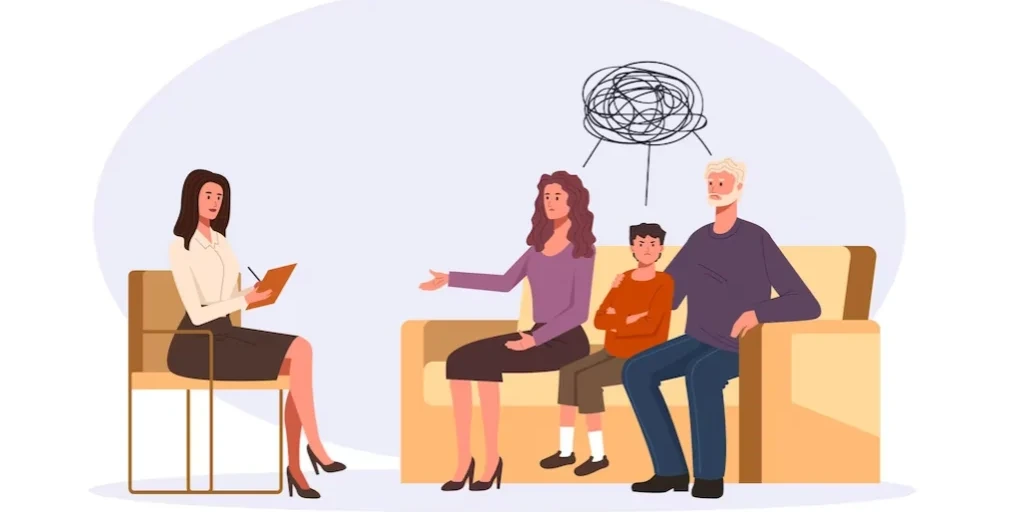24/7 Helpline:
(866) 899-221924/7 Helpline:
(866) 899-2219
Learn more about Aftercare Support centers in Novinger

Other Insurance Options

Holman Group

Health Choice

Sliding scale payment assistance

Group Health Incorporated

Health Net

CareSource

Anthem

Aetna

EmblemHealth

Regence

BHS | Behavioral Health Systems

ComPsych

Ambetter

Humana

Cigna

BlueCross

Magellan Health

American Behavioral

Optima

Private insurance










Preferred Family Healthcare – Jamison Street
Preferred Family Healthcare is a mental health, behavioral health, and dual diagnosis treatment cent...

Mark Twain Behavioral Health
Mark Twain Behavioral Health is a private rehab located in Kirksville, Missouri. Mark Twain Behavior...

Preferred Family Healthcare
Preferred Family Healthcare offers a residential and outpatient program, CPRC, RCF, Prevention, Heal...




























Integrative Wellness Institute
Integrative Wellness Institute is a private rehab located in Kirksville, Missouri. Integrative Welln...

AA – Alcoholics Anonymous
AA – Alcoholics Anonymous is a non-profit rehab located in Kirksville, Missouri. AA – Alcoholics Ano...














